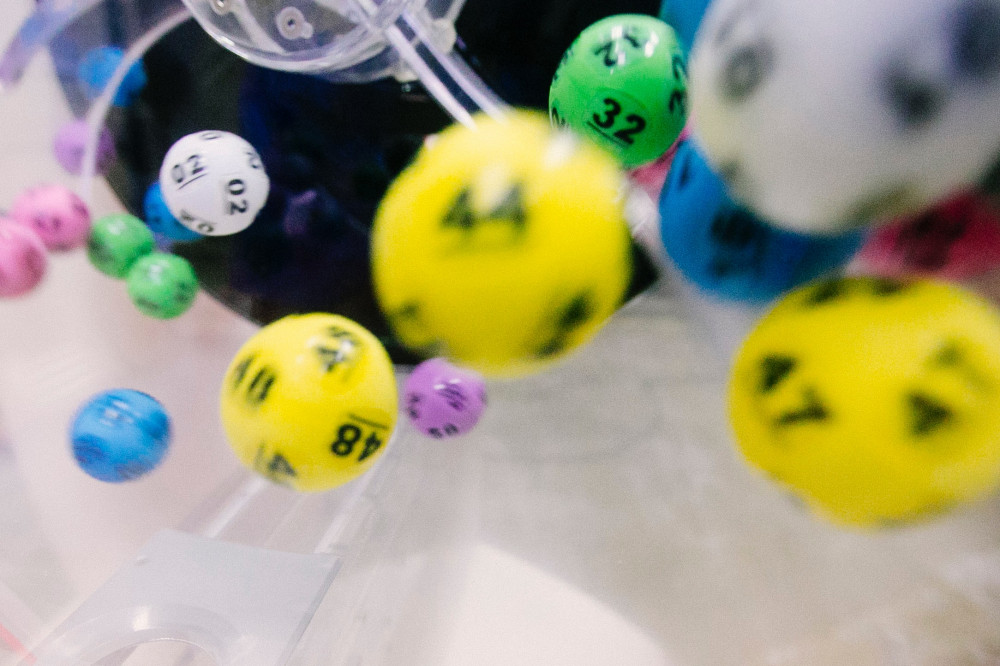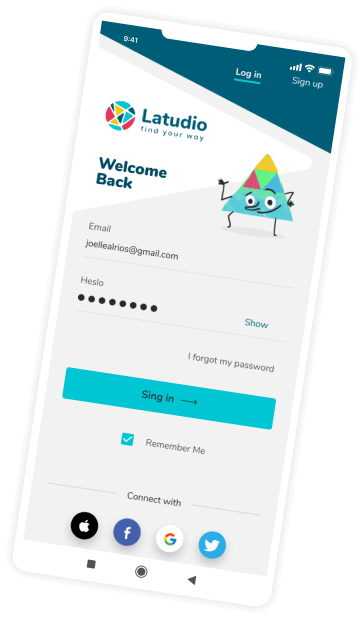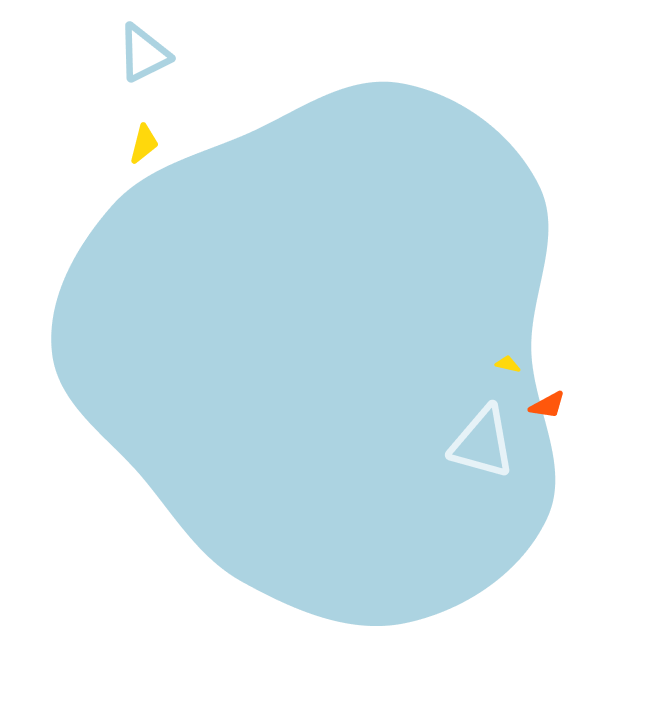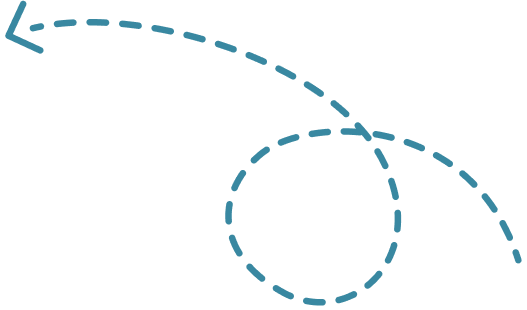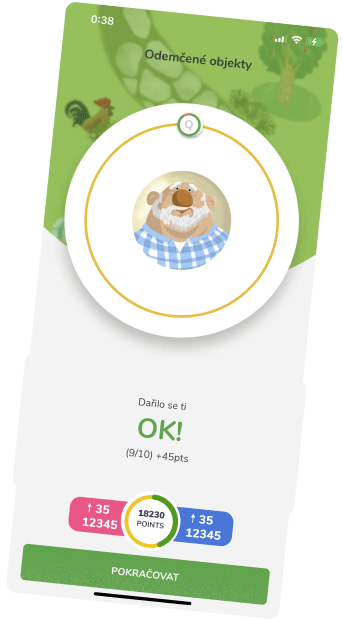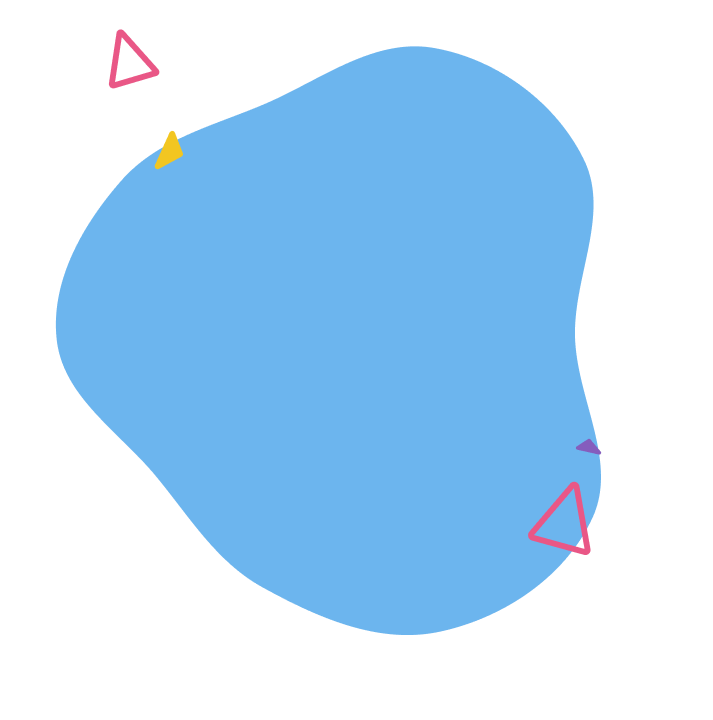Time and Number Differences Between the US and the Czech Republic
I’m usually a very punctual person. When I lived in the US, I always tried to get there earlier. We didn’t have apps like Waze and Google Maps.
Those first few years after I had moved to the Czech Republic, I’d get a message asking if I was coming to an appointment. For someone who was punctual, I panicked. How could that happen? Within a few message exchanges, my brain was challenged by the differences of a 24-hour clock. When the appointment was for 2 o’clock, it was in my brain’s calendar for 14 which I interpreted as 4 o’clock instead of 2 o’clock. The 24-hour clock was just like learning a new language.
The numbers for time was my yet another introduction to the nuances of the Czech language and culture, how the language of numbers from the US is different from the language of numbers in the Czech Republic. Numbers aren’t usually the way we think about a culture, but for me, in the case of numbers, language and culture are inseparable.
Below are some simple situations, which highlight the differences with numbers and as a result, the culture.
When you go swimming in the Czech Republic, you pay for minutes. In the US, you pay an entrance fee which means you can stay as long as you want. So, in the Czech Republic, if you want to pay for one hour, you don’t say “jednu hodinu, prosím,” just say “hodinu” (an hour).
When you pay for gas in the Czech Republic, you always have to pay the clerk inside. In the US, you pay with a credit or debit card on the gas pump. So, when you pay for the gas from pump #3, you don’t say “stojan čislo tří”, you just say “trojka” (number three).
When you wait for tram 18, you only say “osmnáctka.” The word tram isn’t necessary because it’s implied by the context.
In the Czech Republic, you reserve seats at a movie theater, and of course, for musicals, opera, and drama theater. When you ask for a specific seat at the theater, the ticket agent will let you choose the seat. You can point and say, “řada H, jedenáctka” (row H, seat 11).
Here are the ways to refer to pumps, trams, and seat numbers: jednička (number one), dvojka (number two), trojka (number three), čtyřka (number four), pětka (number five), šestka (number six), sedmička (number seven), osmička (number eight), devítka (number nine), desítka (number ten), and so on.
For calendar dates, a date’s number has a specific grammar rule. If you’ve taken a Czech language course, then you know it’s the genitive case. But, if you’ve not yet taken a course, this is the pattern. The first of January is “prvního ledna”. But, if you are answering a question like “When do you fly home?” and you want to say “on the first”, you just say “prvního.”
Now, one last thing about telling time. Besides telling time differently with a 24 hour clock, there are different ways to “half past, a quarter past, or three quarters past the hour.”
In English, the logic is half past six is 6:30. But, in Czech it’s “půl sedmé” (half to the next hour). For a quarter past six, or three quarters past six, you could also say “šest patnact” (six fifteen) or “šest čtyřicet pět” (six forty-five), or you could also say (see above) “čtvrt na sedm” or “tři čtvrtě na sedm.” You may hear the latter very often, so it’s good to recognize the pattern to understand time correctly.
When I started to learn Czech, I realized how much I took numbers for granted with my native English. Even after a long time living here, I sometimes still misunderstand the clerk about how much my groceries cost. Sometimes, I get one of those looks, which motivates me to keep trying.
The trick to being more proficient is two-fold: getting exposed to hearing numbers in different ways often and frequently, and saying out loud the many ways to use numbers, as often as possible. I don’t recommend doing this in a crowded tram. In your head, you can say, what time it is when you sit on the tram or bus, while waiting for a friend in front of a cafe or restaurant, while watching the taxi meter go up, when you see prices on different foods in the grocery stores. Or, even when you’re around people, just focus on trying to hear numbers, but be careful not to talk back to them.
Every day still, I’ve realized how much I took for granted with my native English. Paying attention to language and culture is a daily adventure. Numbers are so much a part of everyday living. I haven’t had a chance yet to use numbers for thousands and millions, but it’s something I still look forward to.







